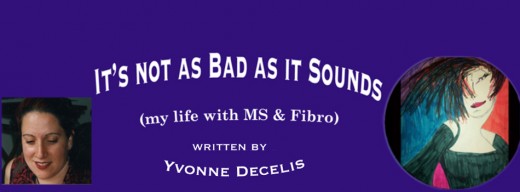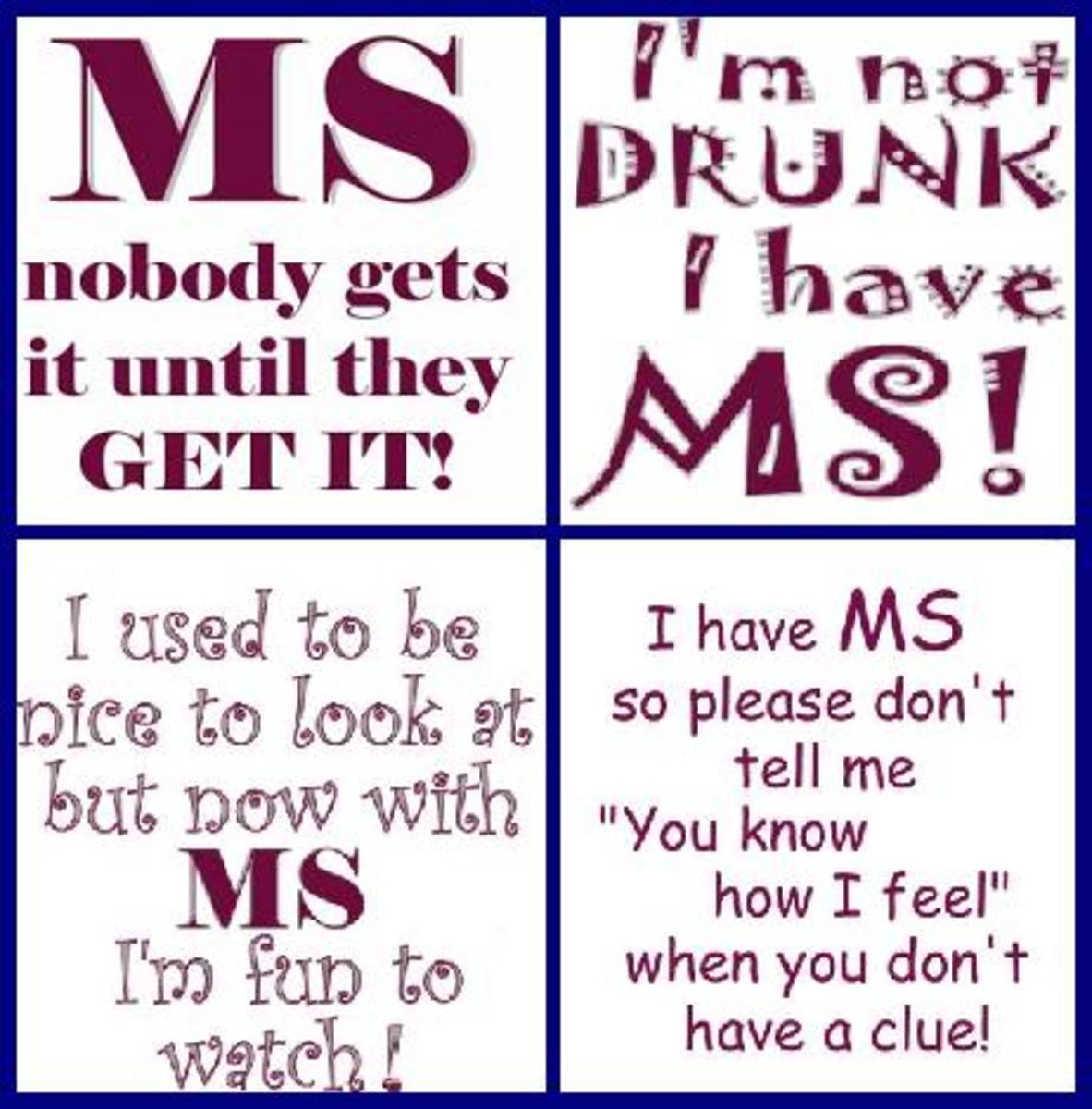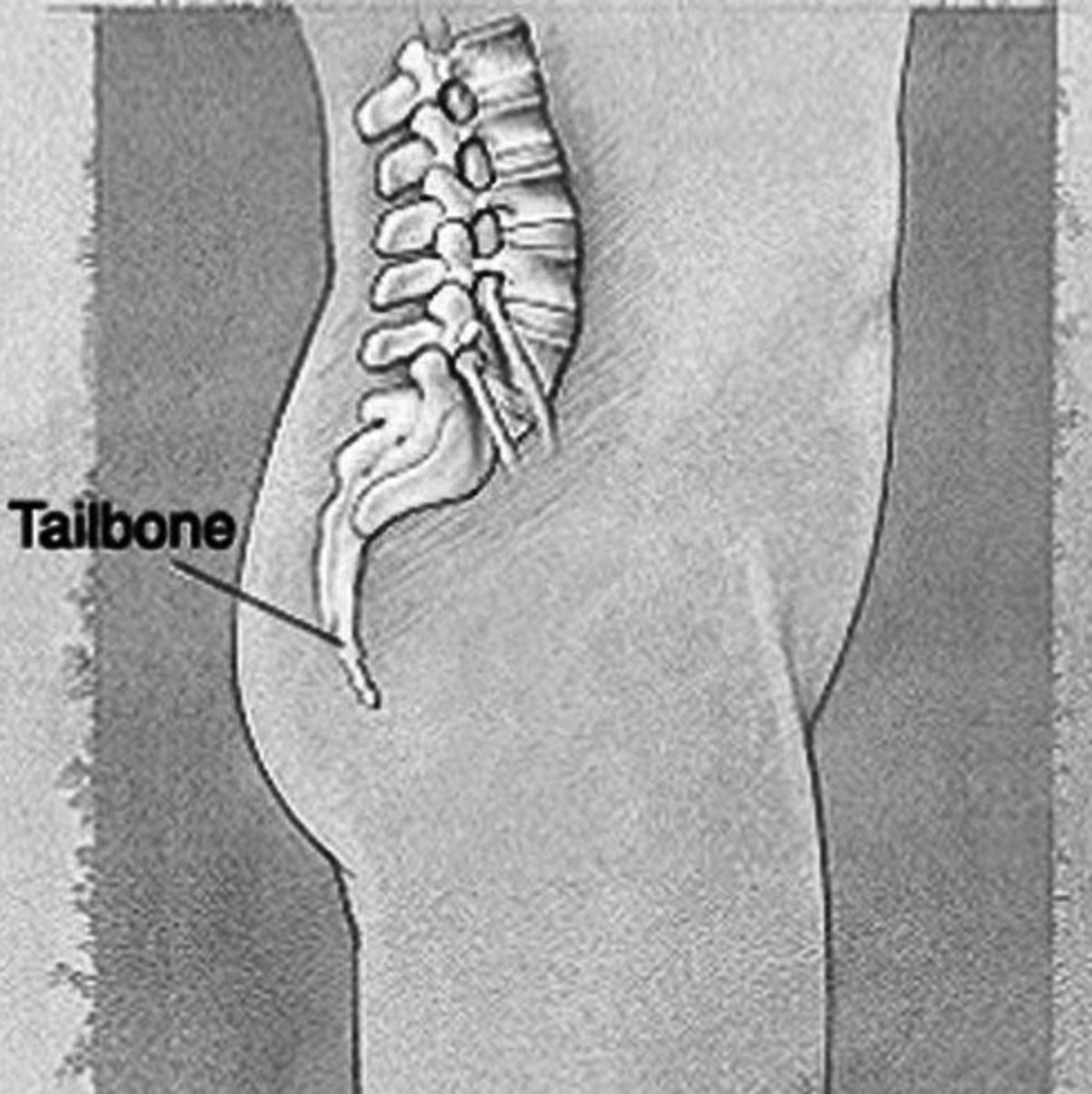GRATEFUL: the clouds' "silver linings"

The things I'm grateful for
Now I want to take some time to discuss some of the “perks” that I have discovered since being diagnosed (first with Multiple Sclerosis and then with Fibromyalgia). I know that may be a somewhat irritating sentence to read, but good things have come out of this and I would be remiss if I didn’t mention any of them.
I want to start by writing about an online support group for people who have MS that I have found to be incredibly helpful. It is called “Stan’s Angels”. The URL for the group is http://www.stansangels.com/. The person who started it is Stan Swartz and I was fortunate enough to join when he had just put the support group together so he and I have become very good friends. If I had not discovered his web page, I honestly do not think I would have come out of the diagnosis with the healthy attitude and/or outlook I have now. I also don't think I would have ever thought to write a book about life with MS without his support page.
Stan started the group when he was working with Dr. Timothy Vollmer. Dr. Vollmer is a friend of Stan’s and was formerly the head of Neurology at Barrow Neurological Institute. He has since been promoted to another position.
I have made some very strong friendships on Stan’s page. I have also received wonderful and helpful advice and, best of all, it is a great place to go and vent to others who I know understand where I am coming from. One of the not-so-great things about MS and Fibro (among other physical problems) is that, by being “invisible disabilities”, these conditions lead to a lot of trouble with making the rest of the world believe that we have (serious) problems and that those problems are not within our control.
I am constantly reading about people who have friends, family members, partners, etc. who do not see that they are sick and therefore don’t understand why they can’t do things a “normal person” could do. They cannot see that something is wrong with us and therefore assume that we are fine (and that we are being unreasonable, uncaring or lazy, etc.) I have written a “side note” to all friends, family members and loved ones of people who have these “invisible” illnesses at the end of the section My MS (and Fibro) “Journey” if you ever need to show it to someone.
This leads to a lot of problems for us and it was really wonderful to find a web page where I knew people would understand exactly what I was talking about. At the same time, this is a support group that I didn’t find to be overwhelmingly negative and/or depressing. One thing you will hear a lot if you have a disability is that stress (and/or negativity) should be avoided at all costs. We know how impossible that advice is to follow and it would certainly help us out a lot if we didn’t have to constantly defend ourselves to the rest of the world. We are not lazy, stupid, uncaring (or any of the other incredibly hurtful things people call us) and we should not have to prove ourselves to anyone.
We (the Angels) watch out for each other and support each other as much as we possibly can. I have seen Angels turn to each other for advice on a wide spectrum of things. One thing that comes up often is that we give each other online support when someone is having an attack, when someone is in a situation where they aren’t being treated fairly, or giving each other advice on things like how to collect disability. In addition, even though this is an online support group some of the Angels have met up with each other in real life (and a few actually got married).
Another item I want to bring up is collecting Disability benefits (SSDI) from Social Security. Applying for and getting Disability is not an easy task at all. Saying it is very time consuming is an understatement. If you try to apply for disability directly through your Social Security office, do not be shocked if and when you get rejected. I believe almost everyone is rejected initially which I suppose is understandable considering our government probably does not want (nor can they afford) to give money to everyone and anyone who comes looking for it.
My advice is that you should not try to do this alone. Also, do not try to act and/or look healthier than you are. A lot of us make that mistake; I certainly did and it worked against me. It took me almost three years to get approved for SSDI and, had I not tried so hard to make myself seem completely normal, I probably would have gotten it a lot sooner. In addition, I used a Disability Law Group after getting three rejections. I should have gone to the Disability Law Group after the first rejection but was not aware of this at the time.
The upside of working with the law group was that they eventually won the case for me and only charged twenty-five percent of the back pay (i.e., the amount of money collected from SSDI during the time from when one first applies to when they are accepted) I received from SS. The downside was that it took an extremely long time to get approved and that I really could have used that extra twenty-five percent. If you don’t win, they don’t charge anything.
Since I did this I have learned that, depending on income eligibility and local rules and regulations, going through my local Federal Congress people would have probably been faster and would have saved me the money that I wound up paying the law group who won my disability case. It also would have probably helped me avoid the inexplicable delay in getting my back pay (the law group was not able to help me with this so I ended up having an elected official help me get the back pay).
Collecting Disability allowed me to quit two part time jobs I was unhappy doing and also gave me the ability to go back to school full time. I often hear people telling me that getting laid off was “the best thing that ever happened” to them. (NOT something you want and/or need to hear immediately after getting laid off and/or let go).
It took a long time (from 2006 to almost 2012) but I am finally able to say it to myself and/or others. I honestly don’t think I would have been able to get my Bachelors’ degree (as well as get two certifications, make the Dean’s list and then go on to Graduate school) if it hadn’t been for me losing my full time job and eventually getting SSDI.
Do I plan to stay on Disability forever? I am hoping the answer to that will be “no” but it is impossible to know what is going to happen with a disease like Multiple Sclerosis. I am not a fan of Fibromyalgia (which causes me pain, “Fibro fog”, and fatigue) but I don’t believe it is anywhere near as degenerative a condition as MS can be. I could be wrong about that however; remember – I am a patient not a medical professional.
The next item I want to discuss is exercise and “healthful” living. It took me a very long time to get over finding out I had MS and the first few years after the diagnosis did not go very well for me. During this time, I got out of one relationship and into another and I also had bad luck with the first medication I was given. In 1999, however, Montel Williams was diagnosed and he donated money to a hospital I now use (Brigham and Womens’ - http://brighamandwomens.org/) so that they could open up their own MS clinic.
I did quite a bit of research on what was going on with Montel and discovered that he used exercise to help promote his well being. I was already exercising and trying to be healthy but, until finding out about how well it worked for him, I had no idea what a huge difference exercise could make for me. I quit smoking (not easy at all), quit drinking diet soda (even harder than quitting smoking, much to my surprise), and started eating less junk food and more vegetables and fruits (also not easy and very expensive). As for the exercise; it was not easy to get into in the beginning. I hated it for about a year, to be perfectly honest.
I am very fortunate that athleticism runs in my family. Even though I was never athletic as a child, I became quite athletic as a result of my workout routine. I am still as active as I can be. I also am in a study being conducted at Tufts Medical School on the effects of Tai Chi on people who have Fibromyalgia. This is a six-month study and I am currently halfway through it. I can honestly say that Tai Chi has helped me out quite a bit (as has my instructor, Ramel Rones).
I would like to include some information about Ramel’s training here since he has videos and books you can buy at Amazon. He also has a class you can take online at Udemy (https://www.udemy.com/). If you go to Ramel’s home page the best discount you can get for his class is available there: www.ramelrones.com. I took and recommend his Sunset Tai Chi training. You do not have to be an athlete to do this – it is intended for beginners so please do not be afraid to give it a try if you are curious about it.
Veterans
Another item I am very happy about is having the opportunity to be a “Commonwealth Diversity Fellowship” participant. This was a program launched by the college I attended in 2010. I was in the “first batch” of participants for the program. This involved doing a Fellowship for a State agency.
I wound up getting my Fellowship in the Department of Veteran Services (DVS). This confused me a little bit initially because I was a Gerontology (i.e., the study of aging) major which led me to think I would be put in the office for Elder Affairs. I was initially very confused and worried about this placement decision but it did not take long before I recognized the value of it.
Since the semester I was assigned to this Fellowship I have stayed on. Not only did I figure out why I was put into this department, I found that I had very strong feelings about the type of work I was being asked to do (involving helping Veterans find employment and/or volunteer opportunities) and that I had quite a bit of empathy for the Veterans that work(ed) with this office.
In addition to learning a lot about Veterans, I learned much about Post Traumatic Stress as well as about conflicts in other countries (and the people who have gone overseas to fight for our safety). The woman I report to in the Department of Veteran Services (DVS) pointed out that she does not like the “D” in the acronym PTSD. Her reasoning for this is that if it is considered a “disorder” it can be too easily dismissed (by doctors, counselors, etc.) but if it is looked on as an “Injury” then professionals will be more likely to treat the Veterans who have it instead of just dismissing them as having “mental problems”. Based on things I have seen, such as the documentary “Wartorn: 1861-2010” a very hard (for me) to watch but extremely moving documentary, I agree with her.
There is a group who report to this office called the SAVE team. To quote the DVS web page, the Statewide Advocacy for Veterans' Empowerment (SAVE) has the following mission: “’You Give Us the Call…We'll Give You the Answer.’
The fundamental principle of the SAVE program is to advocate for veterans who are not able to obtain the benefits they have earned due to institutional or personal barriers. The program's primary mission is prevention of suicide and mental health distress through the identification of issues facing veterans when they return from service and proactively providing them with access to benefits and services that may address these issues and result in positive transitions back to civilian life.” (DVS 2008)
I was privileged enough to watch a training by one of the SAVE Team Veterans called “BATTLEMIND”. If you want to learn more please check out the webinar version of Battlemind (you will need Quick time on whatever browser you wish to view/listen to this on): http://tinyurl.com/kpfbsc5
One other interesting thing that has come out of this was discovering a common bond with many of the Veterans that I have come across while working with this office. I have had a few Veterans ask me if I would consider giving talks on getting through dealing with people not understanding why those with invisible pain act the way they do. I was very moved and honored by this request (and it is an avenue I would love to explore, health problems notwithstanding.)

How about you?
Do you think anything good (in YOUR life) has come out of having a disability?
"Official" web page for It's Not as Bad...
- It's not as bad as it Sounds (my life with ms & fibro) - Home
Includes interviews and a video clip I did for Healthline as part of a series called "You've Got This". -Yvonne







